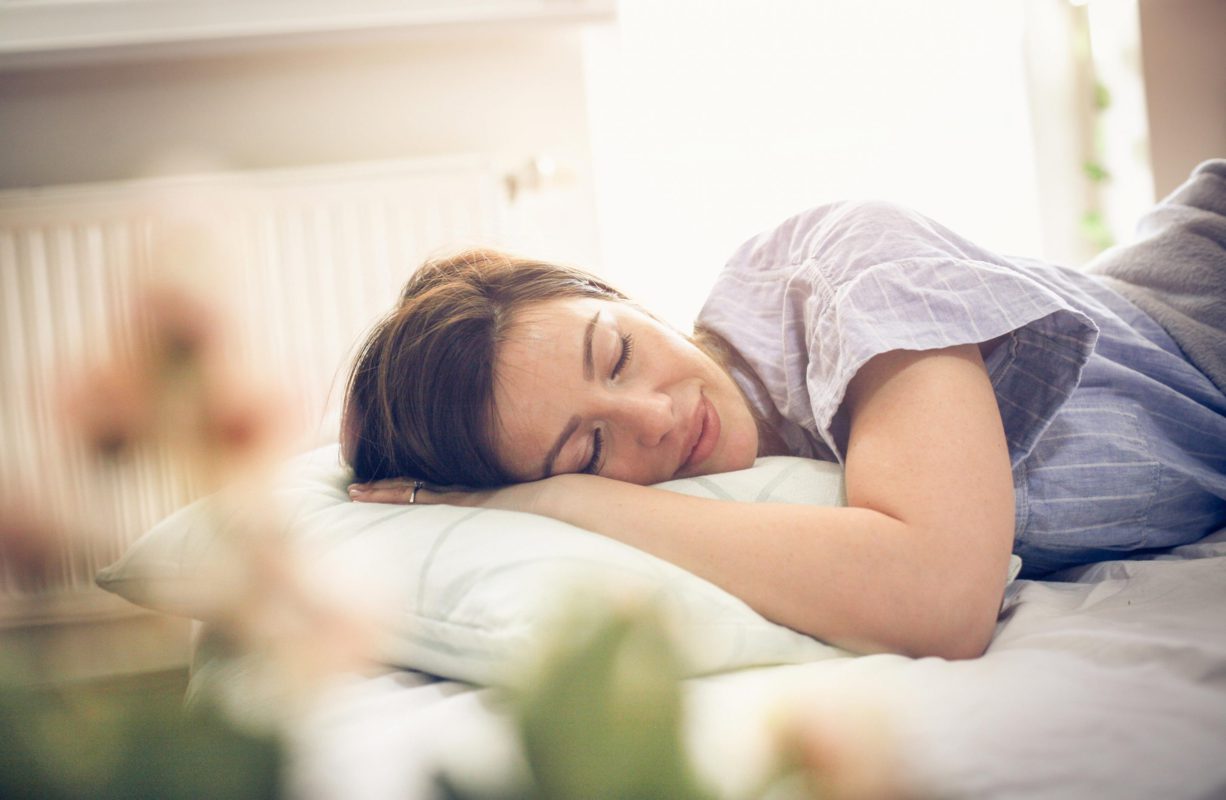News
Are Changes in the Weather Affecting your Sleep?
Now that the weather outside is becoming cooler and the hot summer nights are behind us for another year, you may find that some of your sleep habits are a little different these days. This is completely normal.
Your body does a lot of work in regulating your 24-hour sleep-wake cycle and the temperature outside actually has more of an effect on your sleep than you may think. Regulating your body temperature while sleeping is incredibly important for a good sleep overall, but all of the changes in the weather can affect your internal clock and melatonin production more than you think. Here are a few ways that you may find your sleep is affected by the weather.
Cooler nights
Now that fall is officially here, so are the cooler nights. While experts recommend slightly cooler temperatures for sleeping in general, it is important to find a happy medium. You don’t want to find yourself so cold that you are shivering or uncomfortable. Don’t be afraid to put the heat on at night or put on an extra layer just to be comfortable while sleeping.
Shorter Days
Now that it gets darker earlier, you may find you are either feeling tired earlier, or you are having trouble sleeping. Seasonal Affective Disorder (SAD) is also common around this time thanks to the shorter hours of sunlight. Sticking to a regular bedtime and getting as much sunlight as you can during the daytime will help with this. Make sure you are also getting regular exercise in as well.
Changes in air pressure
If you are finding yourself waking up with mild headaches, body aches, or very minor cold-like symptoms, you are not alone. Whenever there is a change in barometric pressure (which is the change in the weight of the air that occurs whenever there are drastic weather changes) it can take your body some time to adjust. Fatigue is extremely common because of this, as are the symptoms mentioned above. Just know that this will pass, and make sure you practice good sleep hygiene to help with this.



